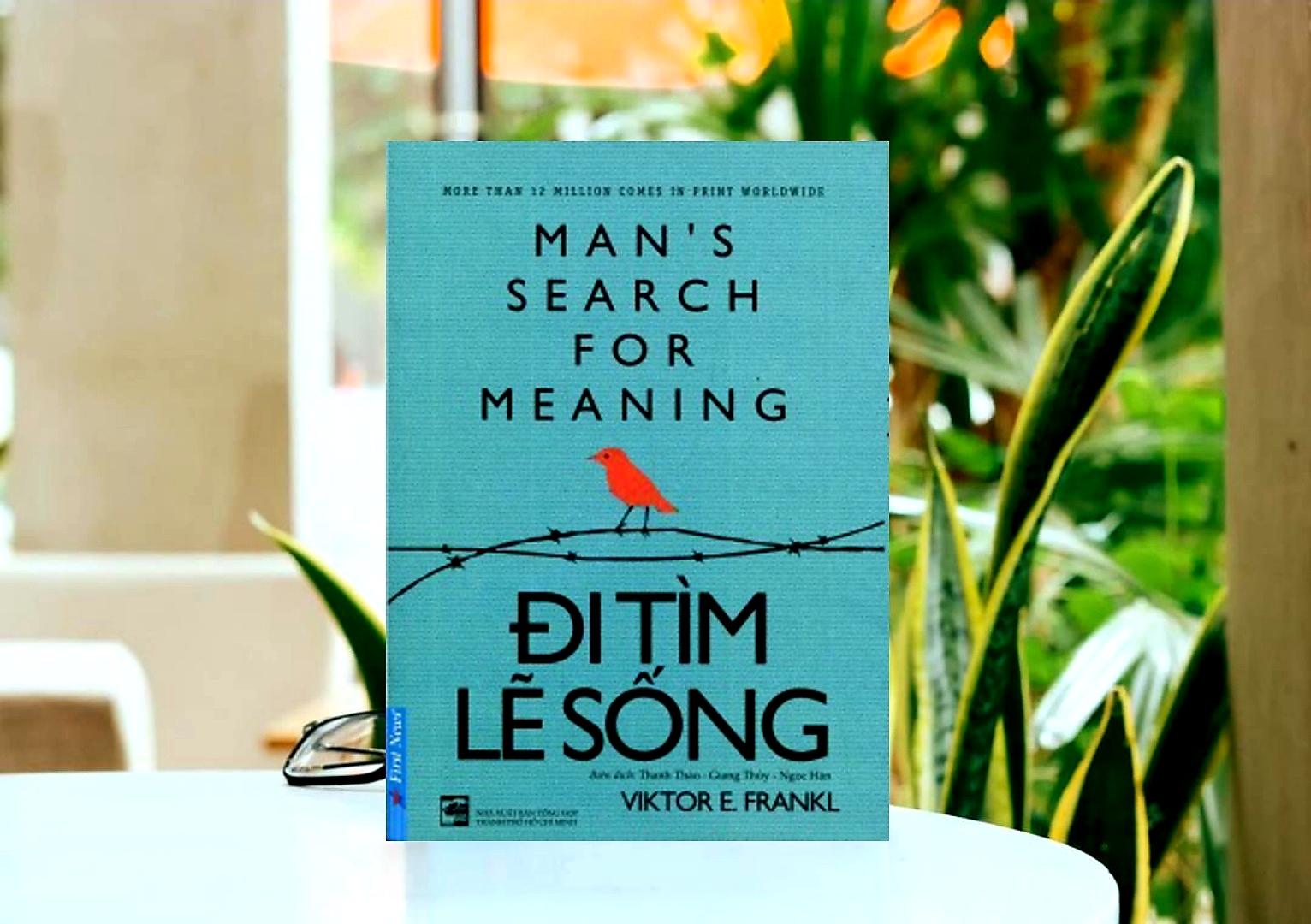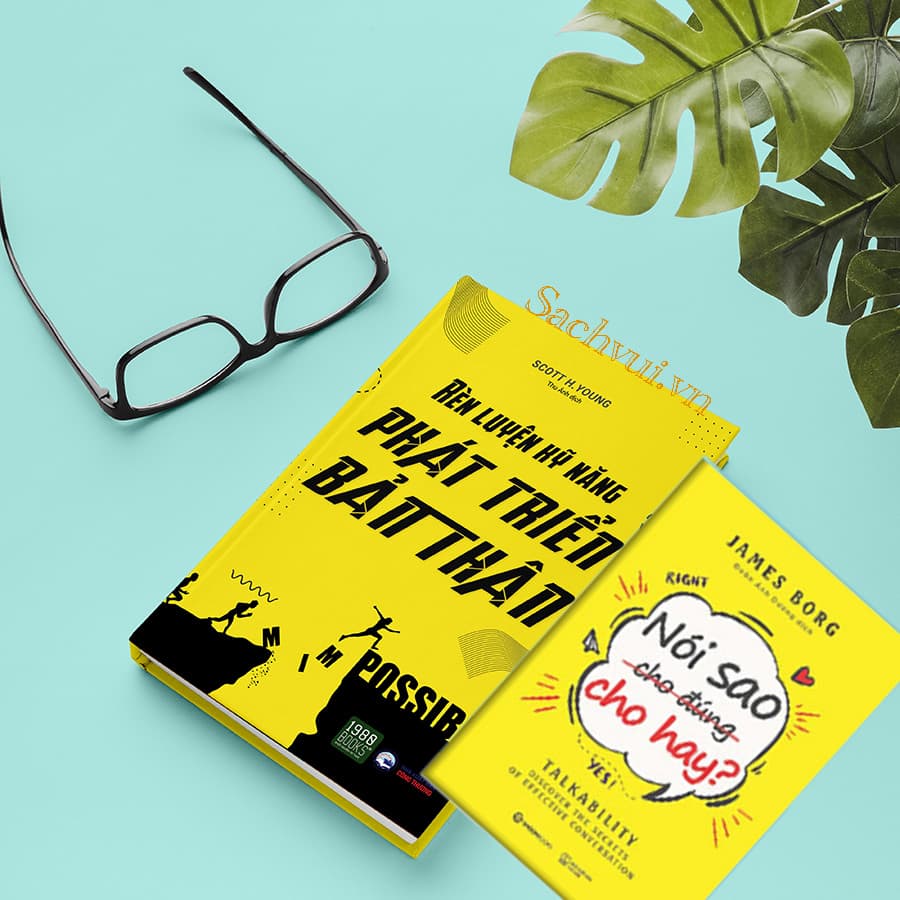Do you know what’s the difference between DRM, ISBN and copyrights? If your answer is a clear yes, well done, you can stop reading. But if copyrighting is an issue that makes you frown, read on: we talk about different file formats, international rights, whether you have to pay anything and more.
1) I need to buy a copyright to own the rights of my book: FALSE
First and foremost: if you create something, a poem, a book, a piece of art, you automatically own the rights to your intellectual property. You don’t have to do anything to get the rights of your own works: they are naturally yours.
However, you still need to think about how to copyright an ebook when it comes to protecting your work: you have to have a way of proving that the book was written by you. Why would you ever need that?
Well, we have all heard the nightmare stories of people sending their first manuscripts to their friends for reviewing only to find out that they are frenemies and see their works get published under a different name. If somebody is modifying, selling, or any way using your copyrighted material without your knowledge, they break the copyright law and commit infringement.
Thankfully for all of us, the internet doesn’t forget: if you have the original message in your ‘sent’ folder with the word file containing your name and the date of last edit, you are likely to be in a winning position in court, shall it ever come to that.
If you are thinking of traditional publishing, however, or accidentally sold your soul rights to a self-pub shark and are trying to fight them and get your rights back, it might be beneficiary to register for copyright – more on this later.
2) Buying an ISBN will guarantee my copyrights: FALSE
At this point, we have to distinguish between physical and intellectual property. Joanna Penn had a great interview with intellectual property attorney Kathryn Goldman on the topic of protecting the rights of your ebook. Based on this distinction, the intellectual property is what you have written, the text itself. And the printed book (or the ebook for this matter) is physical property. They come with different sets of rights: when you buy a book, you can read the book, resell it or lend it to your friend. The same goes for ebooks: buying a book from Amazon you get the rights to read it on all your devices and share it with your friends or family. (You can’t resell an Amazon ebook, but some companies have different tactics.)
These rights concern the physical property: when you are buying a book, you won’t get the right to copy it or change it. ISBN applies to the physical copy of a book and does not come with copyright protection: ISBN is basically a catalogue number helping to identify a specific format or edition of a book in circulation. ISBN and copyright have nothing to do with each other: buying an ISBN will not guarantee your rights, neither need you to have one in order to prove that the book is written by you.
3) Copyright law is international: FALSE
Let’s be honest: nothing is ever truly international, and it is not different when it comes to copyright law. While most countries follow some kind of agreement, the details might differ. This could be important if you are trying to sell something public domain: for example, Orwell’s 1984 is public domain in Canada and Australia and will be public domain soon in the UK. In Hungary, however, not until 2053: 70 years from the death of the translator. If you are interested in international laws, check out this Wikipedia page.
While it is true in most countries that you don’t actually need to register your book to own the rights, the customs are different everywhere. In the US, you are expected to register at the US Copyright Office as a writer and pay a fee. (Apparently the site is a bit difficult to use, here is a guide from Elizabeth Craig.)
In the UK, you get automatic protection on literary products:
The Intellectual Property Office clearly states that you don’t have to do anything to protect your intellectual property. They even warn you not to pay anybody offering you unwanted protection anything! (This means that you don’t have to register with the UK Copyright Service, as official as they sound – this is a private company.) However, you have a better chance of protecting your work from infringement and stop people illegally using your copyrighted work if you have a copyright page.
As for the EU, they are working on improving the international copyright laws concerning digital content in order to create a Digital Single Market. We’ll see within a couple of years how this will shape EU copyrights.
4) My book is not protected without the copyright sign ©: FALSE
This used to be true. Before 1989, the presence of the copyright symbol was crucial for obtaining copyright, and it is still the case for works from before 1989. The symbol was first used in America in 1909. Prior to computer typesetting, it was commonly replaced by (C).
5) My book needs a copyright page: TRUE
While some stores let you publish without having a copyright page, it is always better to have one. The copyright page is for your own protection: if somebody wants to use (‘licence’) your intellectual property, they have to know how to find you!
A copyright page could be as simple as your name (or your publisher’s name if you have one), the copyright symbol and the year:
© John Smith 2017
If you are your own publisher, you don’t have to invent an imaginary publishing house. You can just publish under your own name, or even under your pen name. You can also get more fancy and include a legal notice:
Published by John Smith
© 2017 London
All rights reserved. No part of this book may be reproduced or modified in any form, including photocopying, recording, or by any information storage and retrieval system, without permission in writing from the publisher.
This text is fairly standard across books and publishers but you can tweak it if you would like to.
The Book Designer and the Kindlepreneur have some great examples when it comes to how to write a copyright page: an address where they can reach you, edition number (it could be second edition), and of course crediting everyone who helped you: editors, cover designer (and the owner of the cover image), you can even credit the type in which your book is set.
Some people also decide to include a disclaimer. For example, your book is fiction, and you don’t want anyone with a similar name sueing you for violation of reputation. Or your book is not fiction, but you don’t want anyone to use it as a guide for life, and then sue you if your advice didn’t work. There are some great free to use examples on this webpage.
Your book can be copyrighted but still have things done with it: the US has some sort of fair use terms concerning copyrighted material. This means that certain parts of a book can be used for educational purposes, parody or commentary without asking for permission. Some other countries have similar rules but nothing as specific as the US fair use laws.
6) DRM (Digital Rights Management) will protect my copyrights: FALSE
The name is a bit misleading: DRM does indeed protects a product from being copied – but it applies to the physical book, not the intellectual property. DRM was invented to make illegal copying and sharing digital content (‘piracy’) more difficult – but it has nothing to do with protecting your intellectual property. If you or your distributor put DRM protection on your book, it could mean different things: some books cannot be copied at all and you can only read them on one device; some DRMs let you create a certain number of copies.
7) I have a pen name – I can’t protect my rights: FALSE
If you write under a pen name for any reason, you can link the copyrights to it. In the US, you are advised to disclose your real name for better protection when registering, but it is not absolutely necessary as long as you can prove that you are the writer.
8) I can give away the rights to sell but keep every other rights: TRUE
When you sign a contract with a publisher or a distributor, you give up certain rights. For example, signing up to Kindle KDP means that you give up your ebook distribution rights for 90 days (as long as KDP asks for exclusivity). Some publishers only ask for local printing and distribution rights but leave you the rights for selling your book internationally. If a publisher or distributor asks for more than your sales rights, be careful: they might be up to something.
Any more questions about how to copyright?
Hopefully we answered all your questions about how to copyright your book and protect it from fraud and infringement, but please drop us a comment if there is anything we can add or if you have some positive or negative experience.
Zsofia Macho writes, edits, translates and proofreads books and articles. She currently writes for PublishDrive, a fast-growing and intelligent ebook publishing platform that was created with international publishing in mind.



